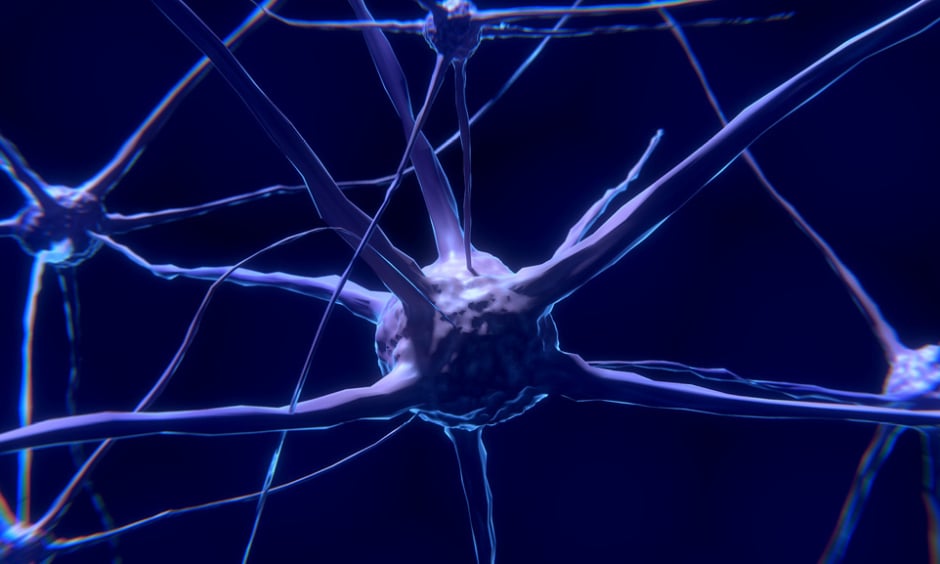GENETICALLY ENGINEERED T cells that can selectively target glioblastoma cancer cells have been successfully tested in mouse and cell models. The new therapeutic T cells recognised a different target to those used in previous studies and proved to be highly effective in vitro and in vivo. With approximately 33% of patients diagnosed with brain and nervous system cancers surviving 5 years, and glioblastoma being the deadliest primary brain tumour, there has been a major focus on identifying new therapeutic options to treat such cancers.
Chimeric antigen receptor T cell (CAR-T) therapies offer an alternative to traditional cancer therapies, such as surgery and chemotherapy, and involve the genetic engineering of a patient’s immune cells to enable them to recognise and attack cancer cells; however, CAR-T therapies are limited by the prevalence of their target antigens. This formed the basis of work by a collaborative laboratory team at the Lineberger Comprehensive Cancer Center, Chapel Hill, North Carolina, USA, and Fondazione Istituto di Ricerca e Cura a Carattere Scientifico, Milan, Italy, who identified a new target antigen and produced therapeutic T cells able to recognise this target.
After analysing glioblastoma samples, the team found that the CSPG4 antigen was highly expressed in 67% of samples, causing them to believe it might be a more effective target. In addition, as the study’s lead author, Prof Gianpietro Dotti, University of North Carolina, explained: “We also found that this target [CSPG4 antigen] is also expressed in what we call cancer-initiating cells, which are the stem cells of the tumour. We know it is very important to target these cells as well because they are probably the cause of tumour recurrence.”
During the preclinical studies, the CSPG4 targeted CAR-T efficiently controlled glioblastoma cancer cell numbers across various models of the disease, including in an in vivo mouse model. In an in vitro cell culture, the CSPG4 targeted CAR-T eliminated the glioblastoma cells whereas normal T cells had no effect on the cancer.
The team are planning clinical trials of the CSPG4-targeting CAR-T, but work is by no means complete; the researchers plan to add a ‘switch-off feature’ to ameliorate the impact of any potential toxic side effects of the treatment. Dr Dotti concluded: “These [CAR-T] experiments in vitro and in vivo for mice were promising, now we need to see what happens in patients.”








